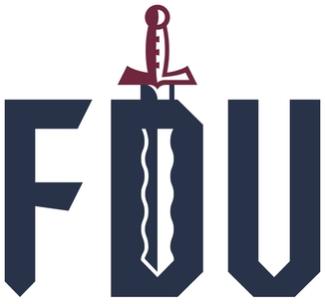Johns Hopkins women’s coach Janine Tucker remains optimistic after seeing the hard work that went into building the proposal.
“They’re going to allow lacrosse to try to work through this,” she said. “Having both the men and the women on the same page and proposing the lax contact and things like that, I think it’s going to pass.”
“I think the lacrosse world has done a great job of making it known that this is something that they want to get a handle on,” Tucker added. “I’m not sure this is perfect fix. I’m not sure if there’s going to be unintended consequences. But right now, taking some sort of action is a really good first step and then we’ll all sort through making it better and better.”
How recruiting would look different exactly can’t be known, but coaches expect to see changes if it is passed.
“If it does pass, you’ll see some consequences there that may not be the most positive,” Pietramala said. “When that date comes in September of junior year, it’s going to be a sprint. What coach is going to be standing in a recruit’s home saying, ‘I’ve got a scholarship offer for you. Let’s go at 12:01 a.m. on the first?’ Do we go back to those midnight calls? Do kids start to say, ‘You know what, I don’t want to play fall sports because Sept. 1 is here and I got to go visit school A, B, C and D now because if I don’t, I may lose my opportunity.’ There’s going to be pressure to make decisions, but the pace when it does transpire, it will be frantic. It’ll obviously settle down at some point, but then it’ll get frantic again. I think that’s something negative that could come of it, but is that negative outweighed by the positives, which is we’re not recruiting 14-year-olds, and if we do that, when’s the 13-year-old going to come?”
Coaches have pointed out that asking to be regulated further is an indication of how seriously they want to slow that early recruiting trend. Coaches aren’t normally asking for more rules. Tiffany doesn’t see a way to self-regulate effectively.
“I’ve been in the meetings in the past where we’ve thrown around the idea of gentlemen’s agreements,” he said. “There are some people in the room that like the idea, but there are also other voices that step up and point out the holes in such a proposal. We do need an enforcer. Without NCAA backing, we’re not going to create our own rules.”
Bokker agreed: “We’re kind of talking out of both sides of our mouth. We have to see what’s important long-term, big picture, and if some coaches are saying the winning is more important and other coaches are saying, ‘Let’s see what’s best for these kids in our sport,’ we’re going to have to decide. I think we’re all hoping the NCAA will make that decision for us and then we’ll adhere to the rules.”


























































